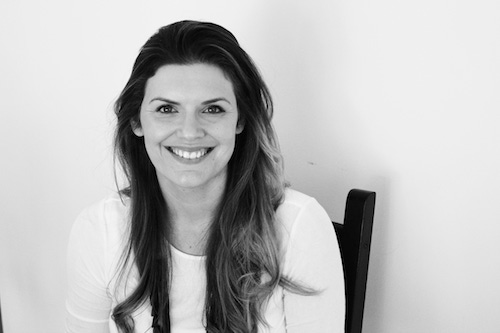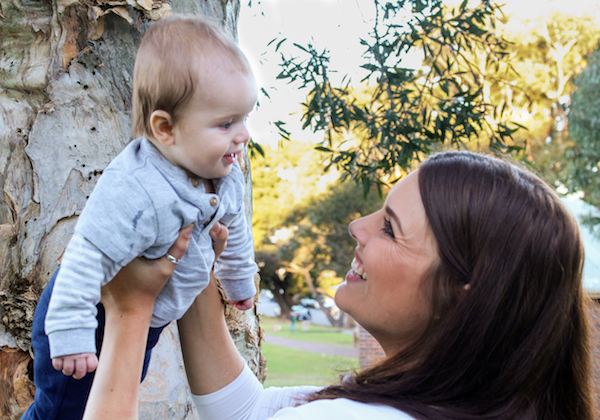Encourage your toddler’s talking, help them express their needs AND head off tiny person tantrums at the pass! Try these simple, practical tips from Kim Lockly, paediatric speech pathologist at Learn & Grow Speech Pathology.
Having great communication skills opens up a toddler’s world. It helps them meet their needs, develops play and social skills and works to reduce frustration levels. As Mums, we all want to encourage our childrens’ development, but it can be hard to know where to focus our energy. The good news is that you don’t always have to find extra time to squeeze something else in. Some of the most effective strategies can be included in the things you are already doing every day.
1. Be Less Helpful
It’s counterintuitive, but try not to anticipate all your little person’s needs as this takes away the opportunity to build the language needed to ask for it themselves. Asking for things is how much of a child’s first words are used. Give them the chance to take these opportunities by doing things like:
- Letting them ask for “more” rather than automatically giving more to them when we can see they are still hungry
- Waiting for them to ask for help when things are out of reach.
Example scenario: You notice your toddler is having trouble opening a container of snacks. Rather than reaching over and opening it, wait for them to ask.
2. Offer Choices
Give choices as much as possible in day-to-day routines. This can be during mealtimes, when getting dressed or choosing songs in the car. If you have one thing you want your child to choose, make the other option one that you know they won’t choose.
Example scenario: At morning tea time you hold up cheese and yoghurt and ask your child “Do you want cheese or yoghurt for a snack? Cheese or yoghurt?”
Bonus: This can also be a tantrum preventer for toddlers that need to be in control
3. Break it down (and build it up)
Match the amount of language your child is using and then add a word or two. If your child is only using single words, then 10-word sentences may be unreachable right now. Instead, try modelling simple one-to-three-word phrases. You could do this through narrating or by commenting on something they said.
Example scenario: Your toddler points out a seagull at the beach that is screeching as says “bird”. You could say “Yeah! Noisy bird”.
4. Talk about the things THEY are interested in
If your language modelling is about something that your child is not interested in or paying attention to, it’s probably falling on deaf ears. Tune in to what they are looking at and talk about that.
Example scenario: You are at the park and there is a dog walking past. You think your child would be interested in it, but they are fascinated with a weird rock in the gutter. Talk about the rock.
5. Channel your inner Morgan Freeman
Narrate (or sing if you’re of musical persuasion) your day-to-day actions using simple language.
Example scenario: When getting dressed, talk about which clothes you’re putting on. E.g. “Put one shoe on. Put the other shoe on”.
6. Wait! Give them a chance to take a turn
It’s easy to fall into the trap of filling all the gaps ourselves when talking to our kids. It’s important to give our little people the chance to say something. It might mean leaving a pause that would be uncomfortable in an adult conversation. After you’ve said something, try to wait for your child to respond. A five second pause is a great place to start.
Example scenario: When singing songs, stop in the middle at a part they know. Wait to see if they will pick up where you left off (or maybe just ask you to keep going).
So now you’re armed with a few strategies – where to from here? My hot tip for new players is to take it slowly. Choose one strategy at a time. Perhaps write reminders on a few post-it notes around the place and focus on just that one for a week or two, then move on to the next thing. You’ll soon see your toddlers’ language skills coming on in leaps and bounds!
About the author

Kim Lockly is a Paediatric Speech Pathologist with a background in Early Childhood and a lucky Mum to three young children (including two twin girls!). Kim has worked as a Speech Pathologist in Community Health at Sydney Children’s Hospital. She has also worked for a large Non-Government Organisation supporting children with disabilities. She now has her own Speech Pathology Practice in Sydney’s Sutherland Shire called Learn and Grow Speech Pathology. She is passionate about learning through play, sharing good quality information and empowering families to set high expectations for their children’s communication and feeding and achieve them! She says she has the best job in the world.
